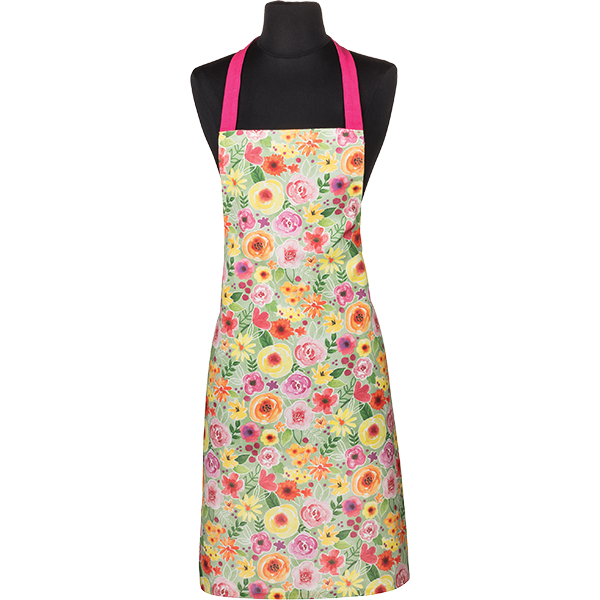
Safe Work Environments in a Pandemic World
For the foreseeable future we have a new norm in the industry — it is called living safely in a pandemic world. There are specific guidelines that Occupational Safety and Health Administration (OSHA) issued to help retailers navigate these challenging times. Since the pandemic, OSHA may be looking at completely different violations than the hazardous working conditions it normally handles.
Here are several important guidelines OSHA has issued to the retail industry.
1. Encourage workers to stay at home if they are sick.
During peak seasons and when so many retailers are running on a shoe-string budget, there may be a temptation to allow employees to work despite feeling under the weather. However, the most prudent and risk reducing thing to do is to allow the employee to stay home.
2. Provide a washing station or alcohol rubs containing at least 60% alcohol.
Merely stating that employees should wash hands or having the alcohol rubs available may not be proactive enough. It may be that, as the business owner, you require employees to wash their hands following “x” number of transactions, or after every transaction.
3. Maintain regular rules regarding cleaning and disinfecting the work area.
Again, how and when areas are disinfected will vary from retail space to retail space. Consider keeping things “wiped down” and disinfected continuously and consistently to avoid contamination.
4. Practice social distancing.
One of the first visible signs that a retail location has implemented safety precautions is social distancing and spacing markers. This, too, is a simple yet effective way to guide customers and employees on how to conduct themselves in your business.
5. Where it is practicable, use plexiglass dividers.
Many retailers have constructed plexiglass windows that come between them and the customer but allow them to continue to interact with the customer clearly and face to face. This gives the feeling of having a “normal” interaction while protecting all parties.
6. Use drive through windows and curbside pick-up.
This form of service allows the customer to interact in the way that is most comfortable to them while protecting the business owner and employees.
7. Provide employees and customers with tissues, trash receptacles, and face masks.
Upon entering your retail space, customers should be provided a mask, if they do not have their own. Providing masks at the front entrance, sends a clear message to both employees and customers that you take their health very seriously.
8. Train employees in proper hygiene practices.
Having regularly scheduled times to reiterate to employees proper hygiene and cleanliness practices serves to emphasize how important this time is and how critical it is to take care of themselves.
9. Strongly encourage and insist employees wear masks over their noses and mouth to prevent the spread of the virus.
One of the biggest downfalls in retail spaces is the lack of mask wearing or the improper wearing of masks. Wearing the mask around one’s neck or around one’s chin does not protect anyone. So, insist that if masks are being worn, they should be worn properly.
10. Ask employees to report any safety and health concerns promptly.
We are in stressful times and tensions can run high; nerves may be fragile. If a situation arises that may be of concern, make sure that it is documented. The business owner should document in detail what happened, when and what was done to rectify the situation so far as it was their responsibility to do so.
Conclusion
Times are very tenuous now. It is a time to be cautious, but courageous. It is a time to be sensible, yet sensitive. There has never been a better time to minimize your risk as a retailer. By doing so you are protecting your business, but you are also showing your customers you care about their wellbeing, too.
DISCLAIMER: The materials available in this article are for informational purposes only and not for the purpose of providing legal advice. You should contact your attorney to obtain advice with respect to any particular issue or problem. Use of and access to this website do not create an attorney-client relationship between Angie Avard Turner Law and the user or browser.






















